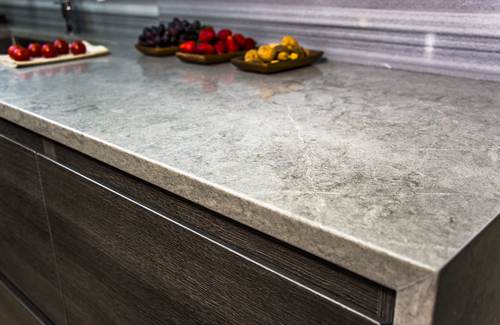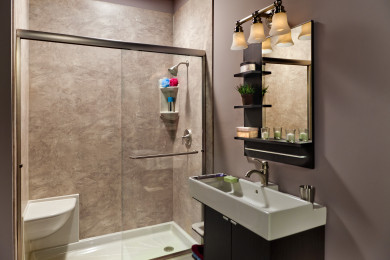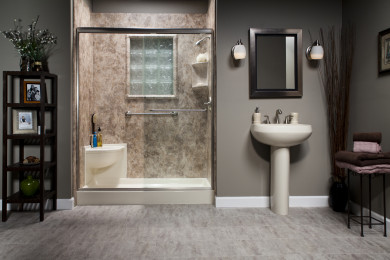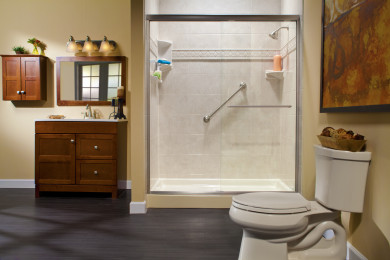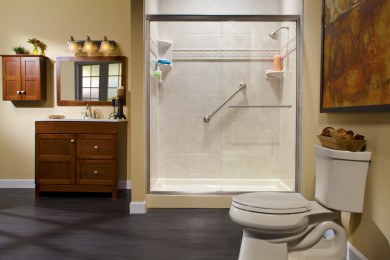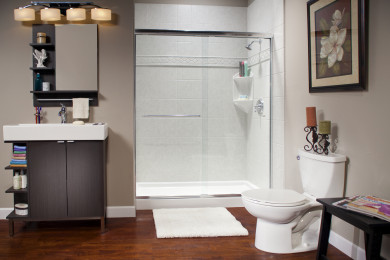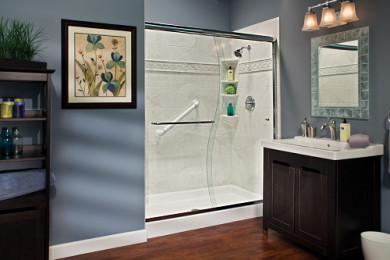April 15, 2024
How to Choose the Best Countertops for Your Kitchen
May 1, 2021
There are plenty of options to choose from when you’re shopping for kitchen countertops. Before you start ripping out your old kitchen countertops, make sure you know all your options. Most importantly, choose a material that will work well with your lifestyle. Keep reading to learn more about the different types of countertops and how you can determine if they are the right material for your kitchen.
Marble
Marble countertops are a high-end option. Marble is a natural stone that is instantly recognizable. It’s also relatively soft and porous, which means that staining is more likely to happen. However, marble countertops are still regarded as a good option for those who use their countertops to bake and prepare meals from scratch.
Slate
Slate is a very dense stone that comes in several subtle colors, including purple, green, red, black, and gray. The stone is nonporous and virtually maintenance-free. It’s the perfect option for homeowners who use their kitchen countertops a lot but do not want to spend too much time maintaining them. Although minor scratches are easy to see, they are easy to buff out with steel wool.
Solid Surface
This type of countertop utilizes dense acrylic and polyester, or a blend of the two, to create a gorgeous appearance. These low-maintenance countertops come in a wide range of colors and patterns. Solid surface countertops are regarded as highly stain-resistant and scratch-resistant, which is perfect for those who frequently use their countertops to cook. It is a great material to use for large or long sections and oversized islands.
Quartz Composite
Another option to consider is quartz composite. Otherwise known as engineered quartz, this product is made of 90 to 94 percent ground quartz and six to ten percent resin and pigments. Engineered quartz is much harder than traditional solid-surface countertops and has more depth, clarity, and radiance.
Concrete
Today’s concrete countertops are far different from those you found in the 1980s. Instead of pouring concrete on top of your cabinets, you can get precast concrete counters that are made in a workshop and delivered to your home. You can choose from a variety of colors, and precast concrete counters are usually one and a half-inches thick. The only downside to this material is that it has the potential to crack over time.
Still Can’t Decide?
If you are still unsure which countertop material is right for your home or want to learn more about your options, Bath Doctor can help. We’ve handled Maryland kitchen remodels for over 40 years, and have experience working with a variety of countertop materials. Contact us now for more information and to receive a FREE estimate.


